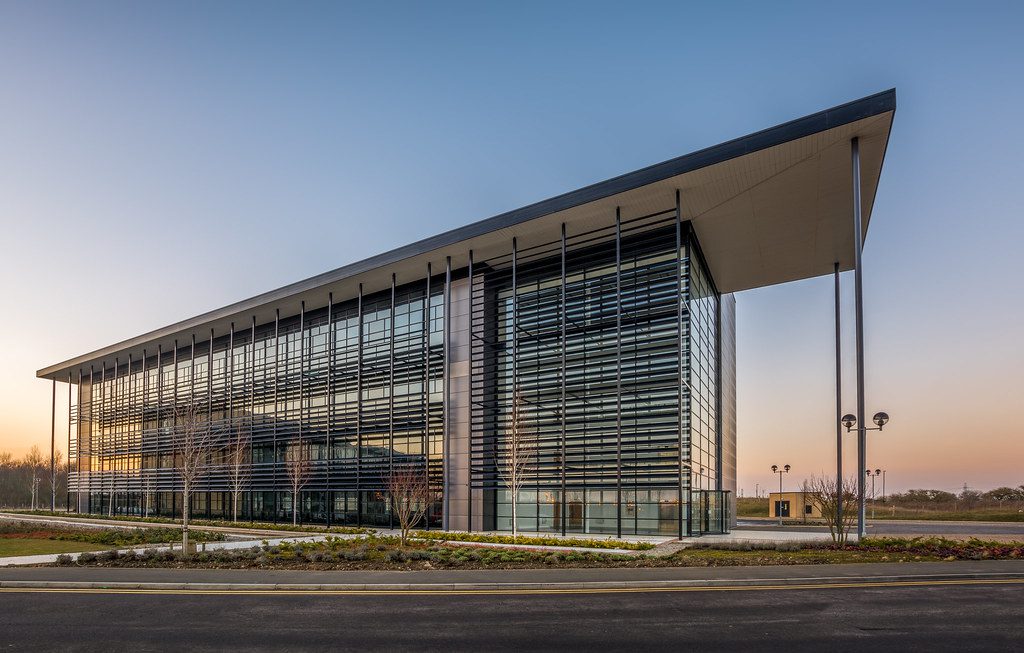Following on from last week’s signing of the UK-US Tech Prosperity Deal, the Department for Science, Innovation and Technology yesterday launched a new task-force, consisting of universities, technology firms, and skills providers, that aims to create a new AI Growth Zone in the north-east of England that will lead Britain’s ‘AI Revolution.’
It is hoped that the programme will lead to the creation of thousands of jobs, through the establishment of new apprenticeship and training routes, and will overcome planning restrictions to bring about the development of numerous new artificial intelligence facilities. It is projected that construction on such projects will begin in just a matter of weeks, with there being up to £30 billion in funding designated by the government for investment in the North-East’s tech landscape.
The announcement, made by Technology Secretary Liz Kendall alongside Northeast Mayor Kim McGuinness, brings together a coalition of local universities, skills providers, and leading AI firms, such as Nscale, Nvidia, and OpenAI. The taskforce is designed to fast-track investment and skills development, ensuring that the region plays a central role in shaping the UK’s AI future.
The Growth Zone will also provide thousands of new job opportunities across relevant industries, with roles expected to be created in construction, energy, data management and software engineering, alongside highly specialised AI research positions. The plan also places emphasis on apprenticeships and training programmes to ensure that young people benefit directly from the investment.
According to Liz Kendall, this announcement will see the north-east of England lead the charge in the ‘AI revolution,’ and will create ‘real opportunities’ for people across the region.
Her comments were echoed by North East Mayor Kim McGuinness, who said that ‘AI can be transformational for people and the local economy.’ She also said that the government’s investment in the project will create thousands of jobs for the area, and see ‘the North East leading innovations in tech,’ but stressed the need to ensure that the ordinary people of the region feel the benefits of the project.
The taskforce has identified key sites for development, including Cambois near Blyth and Cobalt Park, one of the UK’s largest out-of-town business parks, near Newcastle. These locations will host new data centres, training hubs, and AI infrastructure, with building work due to commence within weeks.

Cobalt Park, already home to major employers such as Sage, has been earmarked as a central hub of the Growth Zone thanks to its access to subsea fibre connections, existing office space and potential for significant energy expansion. Guy Marsden, director of the site, described the government’s new announcement as a ‘landmark milestone’ for the region, that will unlock ‘jobs, investment, and innovation.
The Growth Zone has already attracted high-profile backers. Blackstone has committed £10 billion to the development of the Cambois site, while Nscale, OpenAI and NVIDIA have announced plans to launch Stargate UK – an AI infrastructure platform, part of which will be based at Cobalt Park. Phase one of the project will see up to 8,000 NVIDIA GPUs deployed next year, scaling up to 31,000 GPUs over time.
The move was welcomed by Ben Aung, Chief of Staff at business management software company Sage, who hopes the announcement ‘will inspire and upskill the next generation of AI talent,’ and described it as “a vote of confidence in the North East.’
This announcement is a sign of the region, which 250 years ago was a key player in the Industrial Revolution, positioning itself at the forefront of the AI revolution. With universities including Newcastle, Durham, Sunderland and Northumbria, the region has long been a hub of technical research and development. The government hopes the new designation will strengthen these institutions’ ability to attract investment and global talent while delivering long-term opportunities for young people in the region.
The Growth Zone will also take advantage of the North East’s position as the UK region with the most access to low-carbon energy sources, making it particularly well suited for large-scale data operations, which require vast amounts of power. Such a foundation, combined with last week’s announcement of increased government investment into nuclear energy in the region, should allow AI development in the region to be both sustainable and scalable.
If successful, the AI Growth Zone will not only reshape the economic landscape of the North East but also redefine the region’s role in the UK tech-industry’s future. By combining cutting-edge technology with world-class research and a strong skills pipeline, the project seeks to ensure that opportunities are created not just for global investors and major firms, but for communities across the region. As shovels prepare to hit the ground in Cambois and Cobalt Park, the ambition is clear: to cement the North East’s position as a national leader in innovation, and to deliver a new era of prosperity powered by artificial intelligence.

